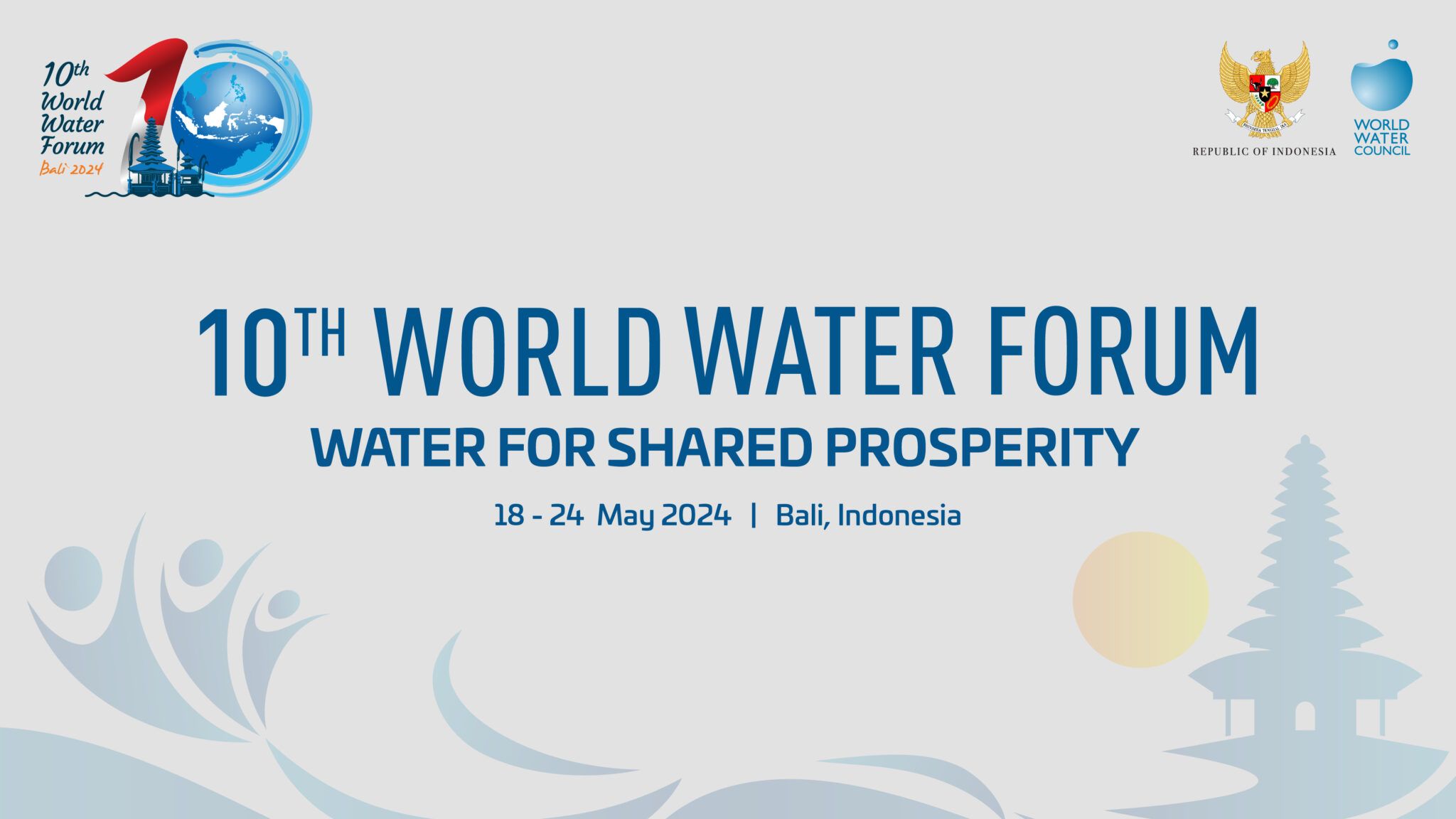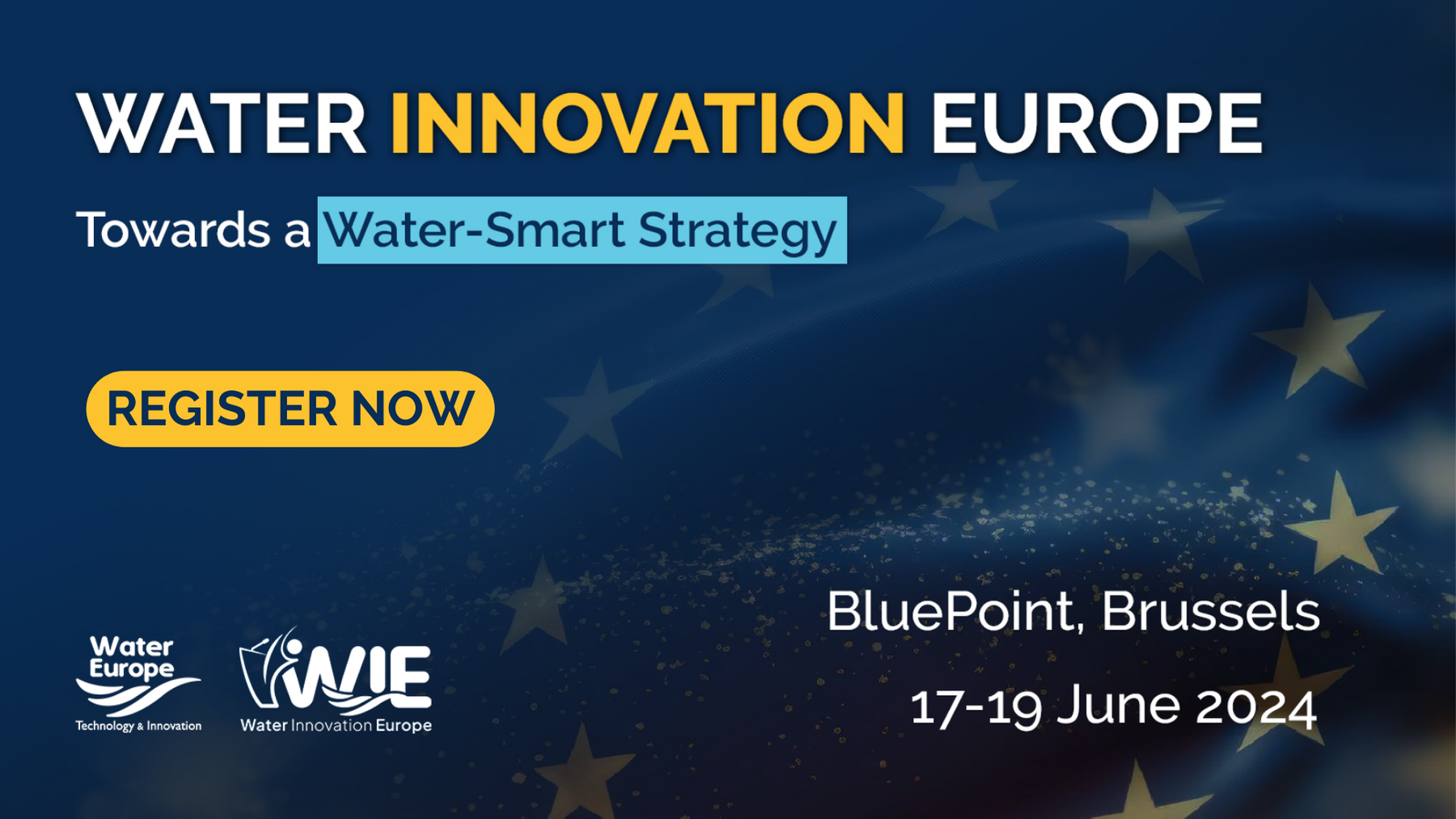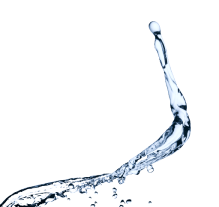Can you please introduce your association and describe the role that water plays in your work?
France Chimie serves as the professional organization dedicated to representing the chemical industry in France. The federation stands as the authoritative voice for 1,300 industrial sites and speaks on behalf of 4,000 companies within the sector.
As the foremost user of water in the manufacturing sector, the French chemical industry is well aware of the increasing scarcity of water as a valuable resource. As a result, relevant measures have consistently been implemented over the past several years to tackle water consumption issues. These initiatives encompass a spectrum of activities, ranging from dialogues between industry operators and local authorities to fostering a tangible understanding of Corporate Social Responsibility (CSR), Health, Safety, and Environment (HSE), and financial considerations within companies.
Since 2023, France Chimie has made water management policies one of its top priorities. This strategic focus underscores its commitment to addressing the challenges posed by water scarcity and reinforces our dedication to fostering sustainability within the chemical industry.
The World Resource Institute predicts a 56% gap between water supply and demand by 2030. Water stress is also perceived among the main global risks, highlighting the need to move away from temporary measures to systematic, risk-based management. How are the current water risks perceived in your sector, and what policies/regulations do you consider important for addressing these risks?
The risks associated with the increasing scarcity of water resources are taken very seriously by chemical companies. This is why they took early actions to overhaul their entire sites with the aim of achieving reduced water impact. More specifically, it involved sealing leaks and implementing measures to recycle or reuse water through closed or semi-closed circuits, etc. This forward-thinking approach aligns with the broader objective of mitigating the environmental footprint of chemical plants and fostering more sustainable practices within the industry.
These actions include implementing measures such as: leak detection and repair; adopting closed cooling systems; optimizing water sorting for improved reuse and treatment; and implementing recycling initiatives. They are supplemented by monetarization of water:
- direct cost of water (invoices) x1,
- indirect cost, it means real cost of water x10,
- cost when there’s no water x100,
- to facilitate investment decision.
As a result, over the past 20 years, they have helped to reduce water consumption in French industry by 30%.
Collaboration and innovation are at the heart of building a Water-Smart Society. How does your organization actively support collaboration and innovation within your sector to improve environmental performance, competitiveness across the value chain? Could you provide specific examples of your efforts in this regard, particularly related to water?
France Chimie has initiated an ambitious support program aimed at assisting its members in adopting sustainable water management practices. This comprehensive program encompasses:
-Information and Sensitization: raising awareness about water-related issues, providing crucial insights to members.
-Auto-diagnostic Tool: offering operators a self-assessment tool to gauge their water management maturity. This facilitates prioritization of actions across various aspects.
-Water Handbook: providing concrete explanations of water management challenges; offering 20 thematic sheets that guide operators in understanding how to effectively manage different facets of water usage; and sharing insights from 4 operational experiences to enhance practical understanding.
-“Water Sobriety” Roadmap: conduct an assessment of water usage within the Chemicals & Materials sector, and develop strategic areas of focus and concrete measures to optimize resource utilization. A “structuring project” is also being studied to give concrete expression to these commitments.
This program was initiated in 2022 and is scheduled for full deployment throughout 2024. It reflects France Chimie’s commitment to supporting its members in the journey towards sustainable water management, aligning with global environmental priorities.
Would a water strategy be relevant for your sector to strengthen competitiveness and reduce potential disruption on the value chain by ensuring water resilience, security, and sustainability?
We are obviously interested in a strategy for the industry in general, and the chemicals sector in particular; France Chimie is actually spearheading such an effort at the national and European level. However, it’s crucial to underline that companies play a pivotal role in these initiatives. It’s on them to translate the recommendations outlined in this framework into tangible actions and make a real impact. Here, the federation primarily serves as a guide and a support system.
However, it is important to emphasize that businesses are already facing massive investments for energy transition, and the economic situation is already challenging to navigate. Yet, water resilience objectives couldn’t be achieved without significant investments… In these circumstances, support from public authorities appears absolutely necessary in order to enhance a positive dynamic.
Instead of additional and complex regulations, any potential strategy should strive to continue guiding businesses towards better practices, encouraging them to persist in their efforts to optimize the use of water while preserving their competitiveness. It is crucial to foster a collaborative approach that emphasizes sustainable water management, ensuring that regulatory measures support and incentivize responsible corporate behavior rather than hinder it.




